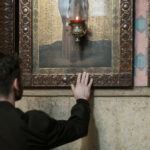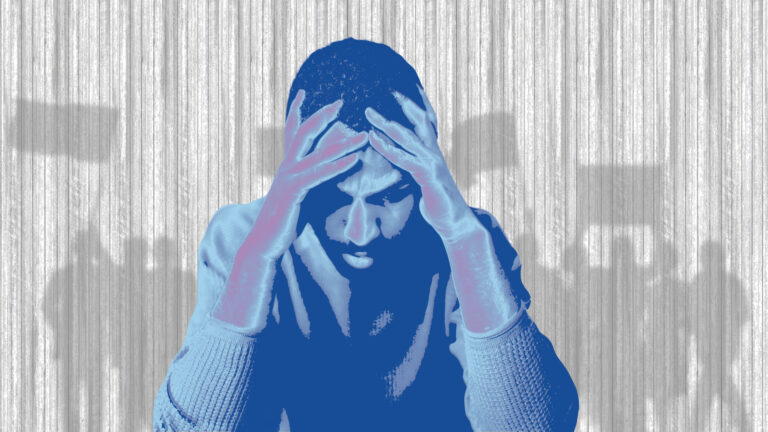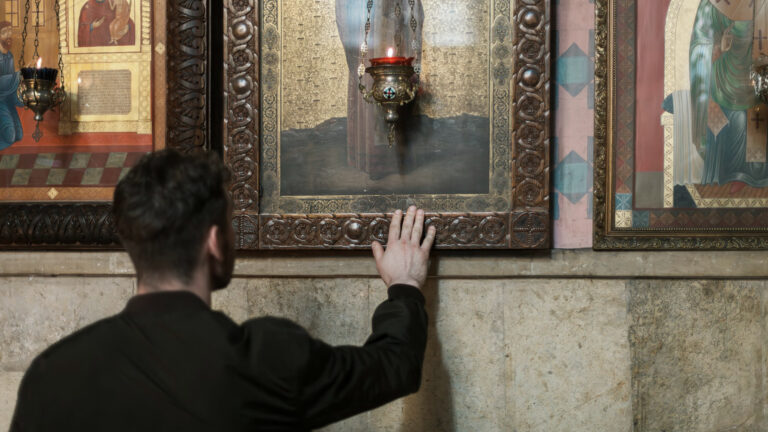Despite the bitter tone of the debates at Marburg, signs of the Holy Spirit’s presence surfaced throughout the discussion.
By the end of the Colloquy, Luther and Zwingli wept together and asked forgiveness for bitter words. Both remained firm in their convictions and encouraged the other to ask for God’s enlightenment. Luther uttered the famous line, “Your spirit and our spirit cannot go together. Indeed, it is quite obvious that we do not have the same spirit.”
It is unfortunate that Luther and Zwingli saw their differences on the Lord’s Supper as excluding any possibility for political and religious alliance. The two Reformers agreed on 14 out of the 15 articles of faith. The Lord’s Supper, the sacrament given by our Lord to be the place for brothers and sisters to come to the table in unity, proved ironically to be the doctrine that has kept the Lutheran and Reformed traditions from greater fellowship.
In the 1540 version of the Augsburg confession, Luther’s disciple Philip Melanchthon worded the article on the Lord’s Supper in such a way as to mute the differences between the Lutheran and Reformed traditions.
Today, much of the animosity between the Reformation traditions has passed. Evangelical Lutheran, Reformed, and Baptist groups have reaffirmed their commitments to the Reformation understanding of the gospel, even though maintaining distinctions on issues related to church polity, baptism, and the Lord’s Supper.
The popular radio program, The White Horse Inn, features a panel discussion between four ministers, one Lutheran, one Reformed, one Presbyterian, and one Baptist. Though they maintain distinct views on the Lord’s Supper and other issues, the common ground between each Reformation tradition is evident to listeners.
The question of Christology formed the basis for Luther and Zwingli’s fierce debate on the Lord’s Supper. Both the Reformers believed the implications of their beliefs about the Lord’s Supper to be too important for compromise. Both also had an exaggerated view of what those implications might be. In a day when the religious beliefs of society were exclusive, these two Reformers agreed that unity must be based on truth in all doctrine, not just in certain areas.
Though Zwingli and Luther were tolerant of matters “indifferent,” neither one believed the Lord’s Supper to be a minor issue of indifference. The debate over the Lord’s Supper occupied a primary place in both Luther and Zwingli’s theologies because of the Christological issues at stake and the philosophical underpinnings of their respective schools of thought.
Perhaps the best response to studying the Marburg Colloquy today is praying fervently that the act of the Lord’s Supper would once again proclaim Christ’s body, broken for us on Calvary, instead of the broken body of Christ in his Church.
Sources for this post:
Sasse, 248-252, 265.
Kurt Aland, Four Reformers: Luther, Melanchthon, Calvin, Zwingli (Minneapolis: Augsburg Publishing House, 1979), 76-77.


















